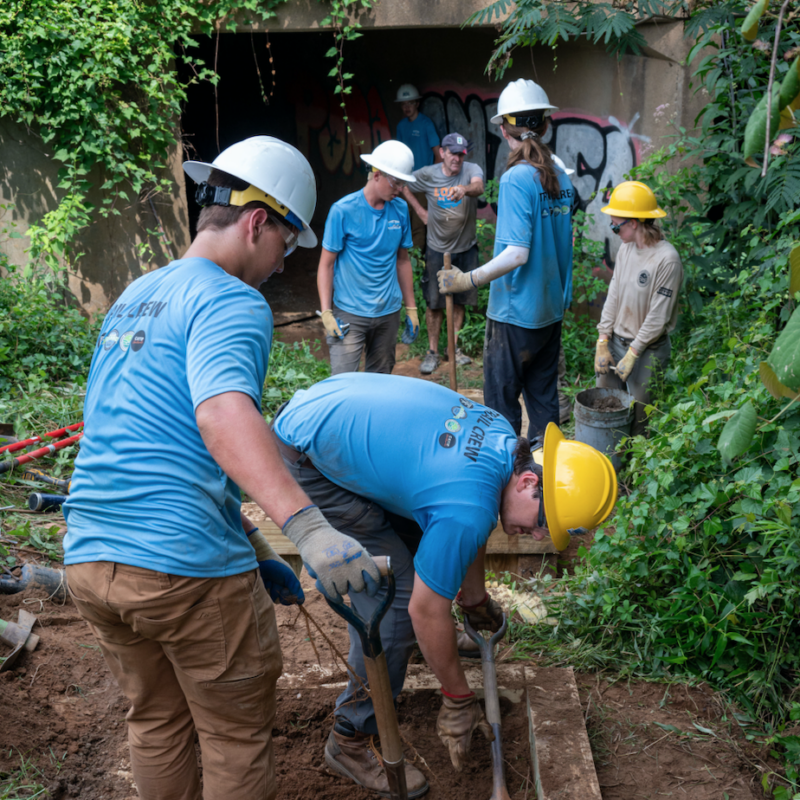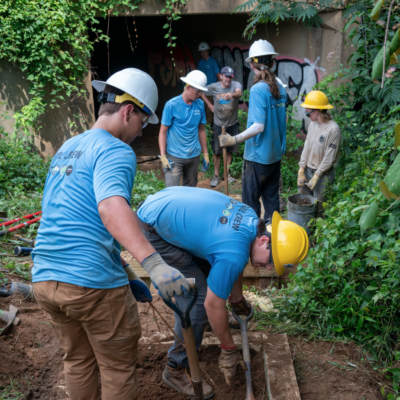Local state Delegate Rob Bell has sponsored a bill that has sailed through the General Assembly and is now only waiting for the Governor’s signature. House Bill 2397 would expand the ability of prosecutors to go after child pornography possessors, reproducers, distributors and facilitators.
But although the bill has found support throughout the legislative process, some wonder whether the legal change could lead to increased Internet censorship.
|
“It’s thoughtless legislation with good intentions,” says John Whitehead, president and founder of The Rutherford Institute. |
Bell says the bill, which was suggested by Orange County Assistant Commonwealth’s Attorney Rick Moore, aims to help prosecute child pornographers without having to prove exactly where the child pornography originated, was produced, copied or transmitted. “We needed to close the loophole,” says Bell.
The fact that a laptop is portable, along with the vast array of devices such as Blackberrys, iPhones and mp3 players, eliminates certainty of where the crime originated. “That means that you might be able to prove that the person did something and you might be able to prove that the defendant is the person who produced child pornography, or downloaded it, or copied it, but you cannot necessarily prove where they did it,” says Moore, who used to work for former Albemarle Commonwealth’s Attorney Jim Camblos.
In Albemarle County, there were six cases of child pornography in 2007. That jumped to 22 in 2008. Of the six cases in 2007, four convictions were made, but only one in 2008.
Lieutenant Greg Jenkins, who leads the county police’s Investigative Division, says that the county has one full-time detective researching sex crimes against children and one full-time forensic officer to examine the evidence that comes in. “These crimes are increasing for sure,” he says, and adds that with the bill, “we’ll have the tools to go at it a lot better.”
For Albemarle Sheriff J.E. “Chip” Harding, the bill will give law enforcement agents the legal means to prosecute fully what he calls an “exploding field.”
“These crimes are all around us, but they are not being investigated,” he says. “Particularly with the economic downturn, a lot of agents have to cut back and we don’t have the manpower to do anything proactive.”
Albemarle Assistant Commonwealth’s Attorney Jon Zug supports the bill. “Oh, absolutely,” he says. “It takes away what would be a technicality on the behalf of the defendant. It will improve our level of ability to prosecute child pornography cases, there is no doubt about it.”
Although John Whitehead, president and founder of The Rutherford Institute, a libertarian legal organization based in Charlottesville, says the law is “admirable,” the ground for potential mistakes is too great.
“It’s too expansive, just a sweep,” he says. “It’s thoughtless legislation with good intentions.”
Whitehead says that the federal government has been trying to censor the Internet for years and this is a measure that could potentially do that. “The Internet is where we have democracy today, so I hope they are not using child pornography to open the doors to censorship.”
To criticism that the bill is overreaching, Moore says he doesn’t think it’s unfair. The provision is “just common sense,” aimed at punishing the guilty. “All the law says is we are not going to let this technicality bar us from prosecuting child pornographers,” he says.
C-VILLE welcomes news tips from readers. Send them to news@c-ville.com.






